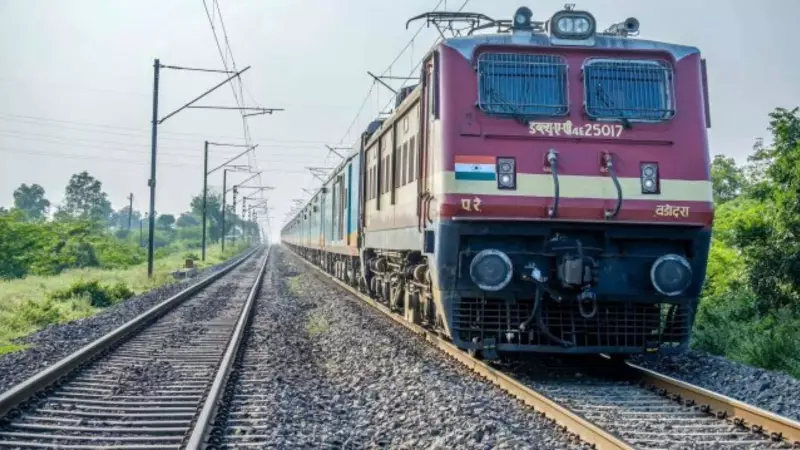
As the golden hues of Chhath Puja approached, Delhi's migrant workforce from Bihar embarked on what became an arduous pilgrimage home. The capital's railway stations transformed into chaotic hubs of desperation, with scenes reminiscent of the 2020 lockdown exodus playing out once again.
The Great Migration: A Test of Endurance
Anand Vihar and New Delhi Railway Stations witnessed unprecedented crowds as thousands of migrants, carrying their belongings and hopes, scrambled to board trains bound for Bihar. The sheer volume of travelers overwhelmed the system, creating a perfect storm of logistical challenges.
"We've been waiting for 12 hours," shared Ramesh Kumar, a construction worker from Patna. "Every train is packed beyond capacity, but we have to reach home for Chhath - it's not just a festival, it's our identity."
Chhath Puja: More Than Just a Festival
The timing of this mass movement coincides with Bihar's upcoming elections, adding a political dimension to the annual ritual. Political analysts are watching closely as this massive displacement could significantly influence voter turnout and sentiment.
Traditional Chhath Puja celebrations see families gathering near water bodies to offer prayers to the Sun God. For migrant workers, this annual homecoming represents their deepest cultural connections and family bonds.
Railway Infrastructure Under Scanner
The scenes of overcrowding have raised serious questions about railway preparedness for seasonal migration patterns. Despite additional trains being deployed, the infrastructure struggled to accommodate the massive influx.
- Overcrowded platforms creating safety hazards
- Insufficient train frequency during peak festival season
- Basic amenities stretched beyond capacity
- Last-minute ticket cancellations adding to chaos
Political Implications: The Migrant Vote
With elections looming, the treatment of migrant workers during this critical homecoming period could become a significant electoral factor. Political parties are keenly aware that the experiences of these travelers could shape voting patterns in crucial constituencies.
"When people face such hardships returning to vote, it creates lasting memories that influence political choices," noted Dr. Priya Sharma, a political analyst specializing in migration patterns.
The convergence of religious celebration, infrastructural challenges, and political timing has created a perfect storm that could redefine electoral equations in one of India's most politically significant states.






